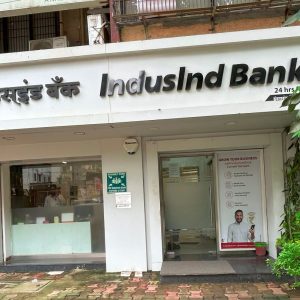Commenting on the statement of his predecessor Sandy Weill, who advocated for splitting of big banks for better management, Citi CEO Vikram Pandit said that bank has already crossed several milestones and transverse ways since its inception and has adequate expertise and resources, essential to run banking operations globally.
He further said that Citi was set up in Weill’s time with mergers such as the acquisition of Travelers in 1998, and has successfully dealt with various ups and downs, most importantly the financial upsurge of 2008.
Vikram Pandit was quoted by the Financial Times as saying that what’s left here is essentially the old Citicorp.
"That’s a tried and proven strategy. Why did it work? Because it was a strategy based upon operating the business and serving clients and not a strategy based on deal making. That’s the fundamental difference," Pandit added.
According to the newspaper, the sale of $600bn in assets and 60 different businesses was pushed by the bank under the Citi CEO Pandit.
The bank is focusing to garner more market share in the emerging markets, including Asian and Latin American countries, where demand of banking services is comparatively high.
Citi will keep running its businesses in the saturated market like the US, the UK and other European countries, said the US lender.
Pandit said Citi is getting nearly 50% of its business from emerging markets even the course of recent sluggish growth of Asian nation and it was "banking on the fact that the growth story is intact."
The bank believes that its progress in the emerging countries will alleviate the negative impact of its non-core assets held in its Citi Holdings unit, which sustained $2bn of losses so far this year.
"When you look at our business, the biggest growth trend is in our ability and our requirement to serve those emerging-market multinationals in the way we used to serve and continue to serve some of the developed-market multinationals," Pandit commented.






